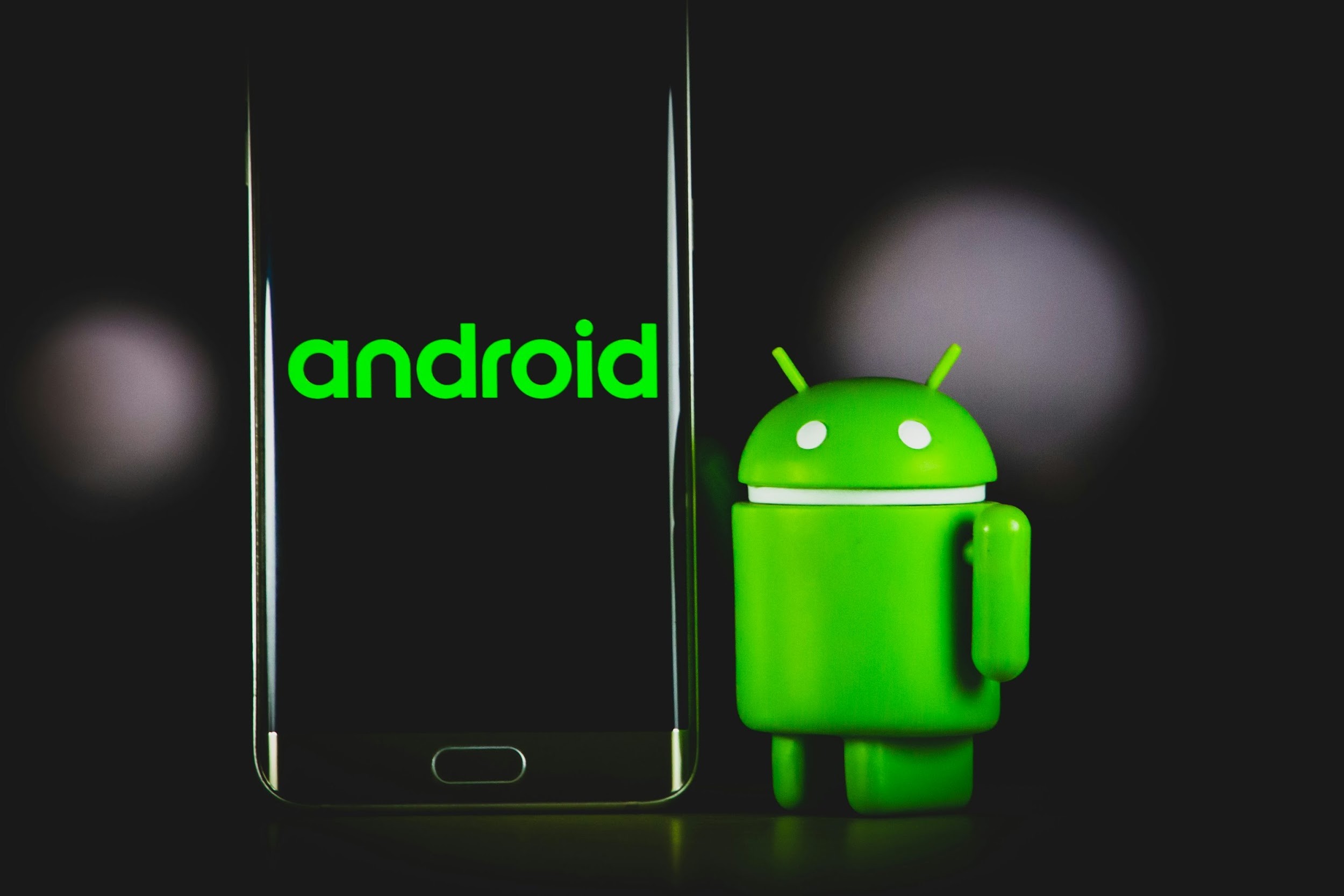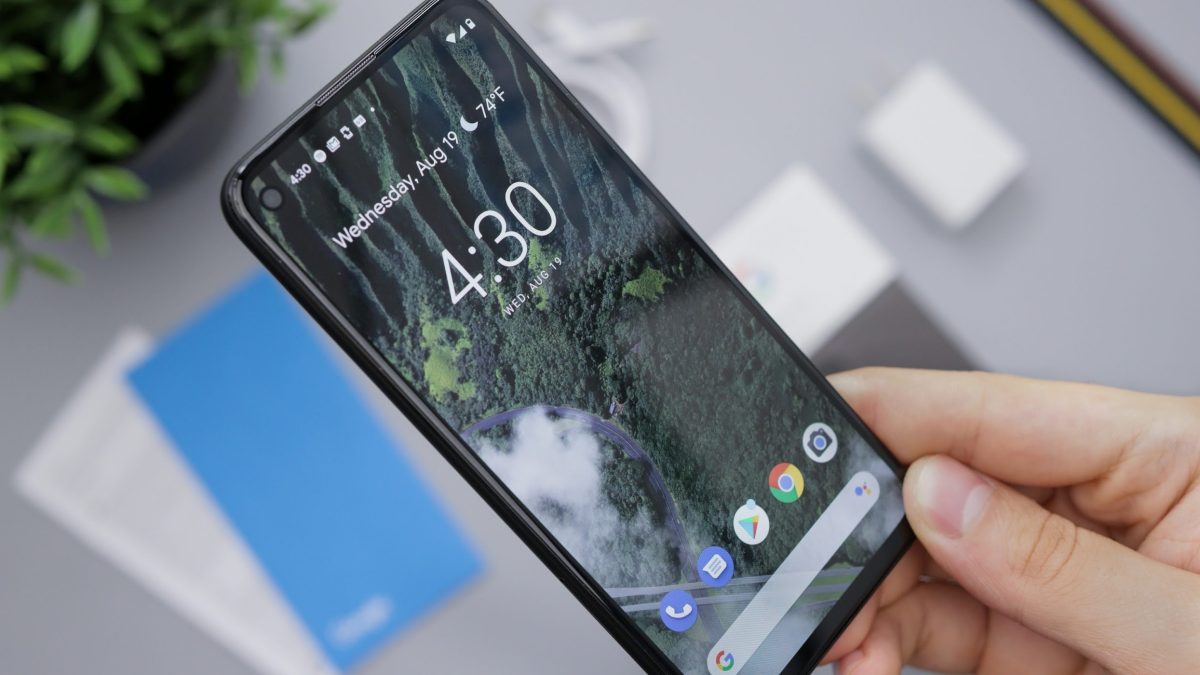When switching cell phones, in addition to choosing a good model that fits your needs, you also need to think carefully about which system to use. It’s time to do some research: stick with the system you’re already used to, or take a chance on a change and go through the adaptation process.
As the two predominant systems, Android and iOS, are constantly being updated, it is always necessary to check the differences between them before making a decision. With that in mind, we will help you in this article by comparing the main factors that influence your choice. In some cases, such as the availability of apps, they are somewhat similar, since apps such as Bizbet Android are also available for iOS. However, in other factors such as customization and extra features, the two systems have many differences.
Table of Contents
Security

Currently, security is one of the main concerns when choosing a smartphone. After all, much of our lives is on these devices. The main risk concerns scammers who can hack your phone through viruses and gain access to sensitive personal information, especially when it comes to financial apps. This can cause a lot of inconvenience.
Another concern relates to cases of loss, theft, or robbery of devices. Depending on the security, whoever picks up the phone may have access to almost everything on it, or be completely blocked from performing any activity.
One difference is crucial in the security analysis of Android and iOS systems. While the iOS system is proprietary, meaning it can only be used on Apple devices, Android is more open. This means that iOS has much greater control, as apps must comply with several strict standards to be available on the App Store.
While this is an advantage, this control can also cause certain inconveniences. The possibility of customizing the device is much lower, and it is not possible to install apps from external sources. This requires more caution, as you need to think twice before installing anything on your device.
The iOS system has constant security updates and its own measures to prevent viruses and other virtual threats. On Android, however, control is slightly less. But this can be easily controlled by installing an antivirus app on the device.
In addition to the system itself, security on Android also depends on the smartphone manufacturer. Some brands, such as Samsung, have several of their own native measures to protect users. So, if you choose an Android device, it is also crucial to research the brands that offer smartphones thoroughly.
Available Apps

The list of available apps is one of the biggest differences between Android and iOS. As we have already mentioned, iOS has a very strict control system, which means that many apps that are available on the Play Store are not offered on the App Store. Data from 2024 from the Statista platform shows that there are about 1.55 million apps available for the iOS system, while the Android system has almost 1.7 million.
If an app is not officially available from Apple, there is no way to install it on the device. On Android, however, it is possible to install apps from sources other than the Play Store, which considerably increases the range of possibilities. Thus, some platforms that are not accepted in official stores can provide users with independent installation methods. Among the companies that offer their own apps to make life easier for users is Biz Bet, a leading betting platform in Asia.
As Android is more open, there is also a greater possibility of cheaper or free apps offering the same functions as those available for iOS. The logic is simple: with fewer apps in the App Store, there is less competition, allowing developers to charge more for their services. On Android, developers offer more attractive prices to attract a wider range of customers.
Since the programming languages used on Android and iOS are different, many apps are only available on one of the two systems. Adaptation is a bit complicated, which mainly affects small companies that don’t have a large budget for app development. In this regard, Android also stands out, as its programming languages are more general. On the other hand, professionals who are proficient in iOS programming stand out in the job market.
Even the variety of app stores is different. While the iOS system is totally dependent on the App Store, Android offers the possibility of using platforms parallel to the Play Store. Some cell phone manufacturers offer their own stores, with apps that are different from those offered in the system’s official store. One example is Samsung’s Galaxy Apps.
Price and variety of devices
It is undeniable that it is much cheaper to have an Android device than an iOS device. This is also due to the openness of the system. Since iOS is only available on Apple devices, the brand can set whatever price it wants, especially with the great reputation the company has acquired. As a result, devices end up becoming much more expensive due to the lack of competition in the market. Knowing that it will sell iPhones to a loyal customer base, the company can charge even more.
Android, on the other hand, is available to many cell phone manufacturers. Among the main ones are:
- Samsung
- Motorola
- Xiaomi
- Oppo
- Asus
This creates competition among companies seeking to attract users who have opted for the iOS system. Consequently, this creates product categories, ranging from entry-level phones, which are less powerful and focused on those who want to make casual use of the device, to premium models, which are much more expensive and focused on frequent users who want to perform heavy tasks or play games with the highest quality.
For this reason, the variety of Android devices is also much greater. While Apple releases only a few models per year, the various manufacturers that use Android make dozens of releases focused on these different audiences.
Customization
The possibilities for customization are also much greater on the Android system. Users can make the system look however they want by installing themes. In addition to aesthetics, these customizations can also dictate various device commands, which can significantly improve the user experience according to their needs. It is even possible to use some themes on Android that are very similar to those on the iOS system, which greatly helps those who have used Apple products their entire lives and have difficulty adapting to other brands.
On iOS, however, the customization options are limited to those offered by the system itself. This gives users few choices. It is only possible to change a few aspects of the appearance and alter some commands that can make the device easier to use. So, for those who like to have the freedom to experiment with various possibilities on their smartphone, the Android system may be the right choice.
Additional features
While the iOS system only has the features offered by Apple, Android phones can have several other interesting features for users. The explanation is simple: since the system is open, manufacturers can create their own feature packages to improve the user experience.
As you have seen, competition among brands that manufacture Android devices is fierce. So it is common for them to work on developing many solutions to differentiate themselves from the rest. This way, users benefit from many additional features. Currently, the trend is to offer features that help users through artificial intelligence. Some examples of interfaces that brands create to win over more customers are Samsung’s One UI and Xiaomi’s HyperOS.
Summary of the advantages and disadvantages of each system
Knowing the crucial differences in aspects that make all the difference in the user experience, the advantages and disadvantages of Android and iOS become clear.
Advantages:
| iOS | Android |
| The closed system provides greater security | The open system offers greater customization possibilities |
| Exclusive apps may be of higher quality | There is a greater variety of apps |
| The inability to have external apps increases security | The ability to install apps from external sources increases possibilities |
| All devices have an excellent level of performance | It is possible to choose from many devices with different specifications and pay less |
Disadvantages:
| iOS | Android |
| Many aspects of the device cannot be customized | External apps may cause security issues |
| Prices are much higher | The variety of brands makes the choice more difficult |
| The closed system makes integration with other devices difficult | The open system can cause security problems when interacting with other devices |
| Apps are more expensive | Due to the openness, apps may be of poorer quality |
Differences in the global market
Android is much more widely used worldwide, largely due to the more affordable prices of the devices. This has a significant impact on the revenue generated by each of the two systems. According to the Backlinko portal, in July 2025, Android devices accounted for 72.46% of the global market. There are more than 1 billion iOS devices, compared to more than 3 billion Android devices.
In terms of manufacturers, even though Android has many brands available, the main one in the global market uses the system. Samsung accounts for almost 20% of devices sold, while Apple accounts for around 16%.
However, iOS developers earn much more. As users spend more on apps, the iOS app market revenue was over $85 billion in 2023. In the Play Store, the value is close to 48 billion dollars.

